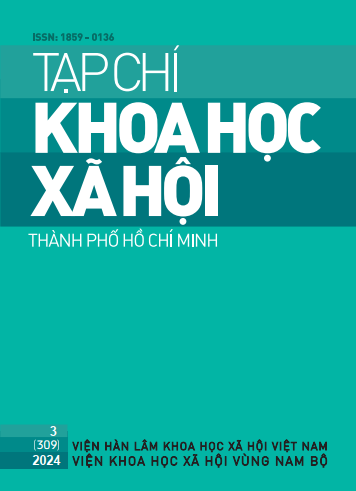THE IMAGINE OF MAN IN THE 17TH AND 18TH CENTURIES FRENCH PHILOSOPHY: AN APPROACH TO HUMAN BODY
Abstract
Throughout philosophy's long history, from ancient to contemporary, the human problem has consistently been a unifying theme. However, in each different period, the image of man is considered in different ways, thereby creating an epochal characteristics. The representation of humanity in contemporary French philosophy is commonly conveyed through the concept of the physical body, which was shaped by the attributes of natural science during the 17th and 18th centuries. During this particular era, French philosophers not only expressed admiration for the physical attractiveness of people, but also endeavoured to scrutinise the anatomical composition of the human body. Consequently, they put forth several strategies aimed at enhancing bodily development. In this article, we analyse the conceptions of typical modern French philosophers using the following methods: synthesis, analysis, abstraction, generalisation, comparison, etc. (René Descartes, Pierre Gassendi, Denis Diderot, La Mettrie) on the subject of the body, so elucidating the 17th and 18th centuries French philosophical conception of man - a crucial juncture in the Western philosophical tradition's evolution from classic to modern.

